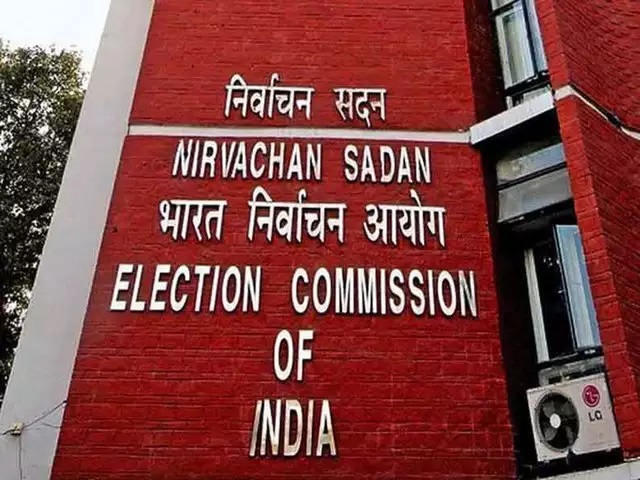
ECs accused of breaching protocol after ‘informal’ meet with PMO

Amid accusations against the three Election Commissioners of breaching protocol and Constitutional propriety by holding an “informal” meeting with Prime Minister Narendra Modi, EC sources have said that it was necessary to “bridge the gaps in understanding” between the Union law ministry and the poll panel over electoral reforms.
Speaking to PTI, EC sources said while correspondence was underway between the commission and the government on electoral reforms, the Prime Minister’s Office invited the three commissioners – Chief Election Commissioner Sushil Chandra, and election commissioners Rajiv Kumar and Anoop Chandra Pandey – for an “informal interaction”.
Replying to a news report which said that the Law Ministry in a letter to the EC had “expected” the presence of the CEC at a meeting on common electoral roll to be chaired by the principal secretary to the prime minister, the sources said neither of the commissioners had attended the meeting.
Another source told a reputed newspaper that the CEC took strong exception to the language and tone of the letter and reportedly told a top ministry official that it was improper to “expect” the CEC or ECs to be part of such a meeting. The official reportedly agreed with the CEC and said the meeting will only be held with EC officials. However, the PMO invited the election commissioners for an informal meeting after the earlier meeting failed to sort out some issues, especially on the number of qualifying dates in a year for registration of newly-eligible voters.
The CEC reportedly agreed for a short meeting via VC link as he did not want any confusion to delay the reforms the Election Commission has been pushing for the last 25 years.
“These electoral reforms were to be taken up in the monsoon session this year, but differences between the EC and law ministry held them up. Even after a subsequent meeting between law ministry and EC officials, there was divergent opinion with law ministry wanting first of every month to be the qualifying date for registration of new voters, while EC insisted that four dates would be more practical. Finally, thanks to the direct VC interaction with PMO and full Commission, an agreement was reach on four qualifying dates,” an EC official told the daily.
EC a subservient tool of Centre: Congress
Congress leader Manish Tewari on Friday submitted a notice to move an adjournment motion on the issue, raising questions of the autonomy of the poll panel.
As the Lok Sabha was adjourned amid uproar over the Lakhimpur Kheri violence, Tewari, a former I&B minister, said he will submit the notice to move the adjournment motion again on Monday.
“Why was the Election Commission summoned summarily and whether it is a fact that the Commission took umbrage to the manner in which they were virtually compelled to attend the meeting in the Prime Minister’s Office (PMO),” Tewari said.
“What exactly are the implications with regard to the autonomy of the Election Commission?” the Lok Sabha member from Anandpur Sahib asked.
The Opposition has slammed the Modi government over the “summoning” of the election commissioners and has alleged that poll authority had become a “subservient tool” of the government.
Reacting to the issue, Congress general secretary and chief spokesperson Randeep Surjewala called it a latest low by the government in destroying institutions of the country.
“Cat is out of the bag! What was whispered till now is a fact. PMO summoning ECI was unheard in independent India. Treating EC as a subservient tool is yet another low in Modi government’s record of destroying every institution,” he tweeted.
The informal meeting was also attended by senior EC officials and those from the Law Ministry.
Sources told PTI that the ‘informal meeting’ was instrumental in the Union Cabinet’s passing of various electoral reforms and effecting necessary amendments to Representation of the People Act in the Winter Session of Parliament.
Constitutional norms dictate the Chief Election Commissioner and the election commissioners to stay away from government meetings so as to safeguard their integrity and neutral position. Their maximum point of interaction with the government could be with the Law Ministry, with whom they can discuss matters related to polls.

